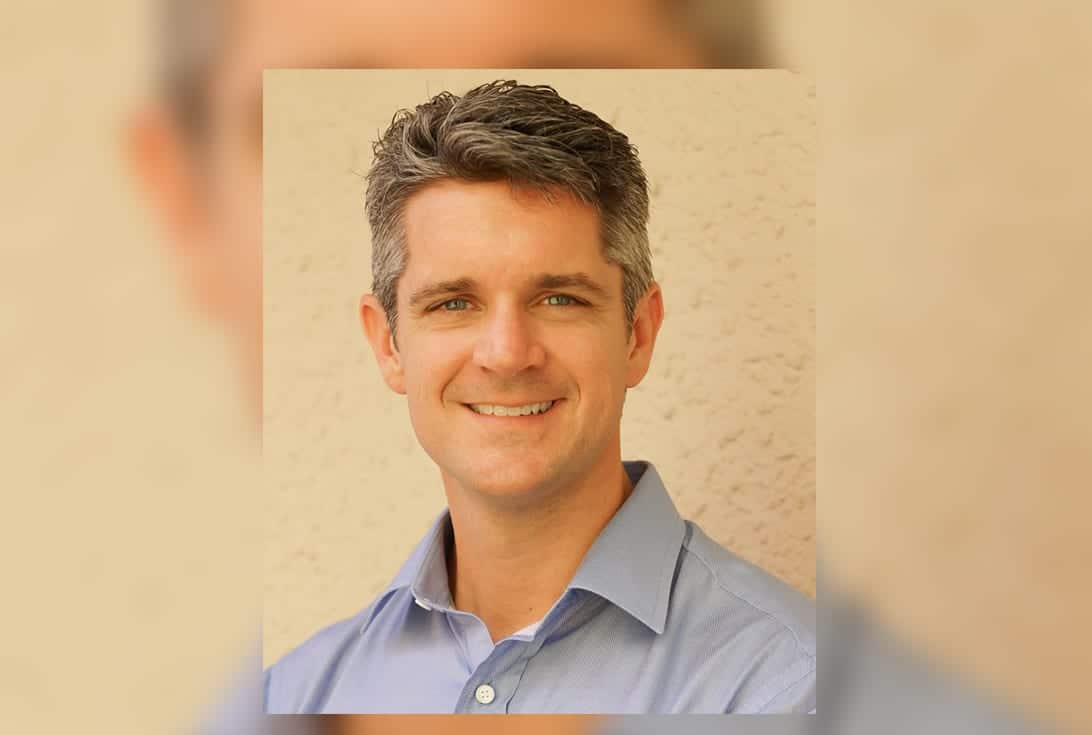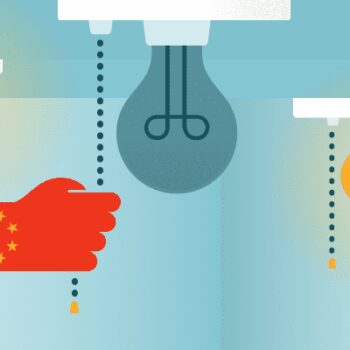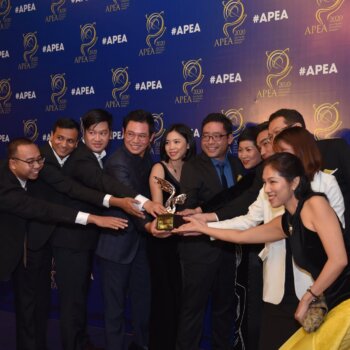After setting up his own business in Singapore, Kyle learned that 70% of foreign ventures fail due to cultural differences. His goal now is to teach people how to enhance their global communication internally and with clients. He also has a book coming out in 2020!
What’s your story?
I started a business in Singapore in 2006 focusing on helping other companies grow their sales across the region. I worked with hundreds of companies, mine included, where a lot of costly mistakes were made. The most common were businesses misunderstanding local markets and mismanaging global teams. This was a pattern and there had to be a way to do this better, so I started a consulting group that helps organizations get through global growing pains with a focus on growing happy clients.
What excites you most about your industry?
From a data standpoint, we are still in the stone ages when it comes to understanding cross-cultural communication and behaviour. We rely on traditional surveys and untrustworthy government statistics to try and figure this out but it is not very accurate. What is exciting is the potential big-data gives us to get entirely new views on human behaviour across the world. How people use the web – how they search, chat, argue – we’ll have bigger datasets than ever before and this will make the current cross-cultural data sets we use today will look archaic.
What’s your connection to Asia?
George W. Bush did it! He made a small change to stem cell funding regulations in 2000 and it had all sorts of unintended consequences. My now-wife was working in Boston and this policy change affected her work even though she wasn’t doing stem cell research. Smart countries like Singapore rushed in to scoop up science talent. I was a hanger-on, but the timing was perfect because my US clients wanted sales and marketing help in Asia, so I had a nice little business from day 1.

Favourite city in Asia for business and why?
Singapore. It is efficient and predictable and home to many great regional headquarters. The downside to Singapore, however, is that it can be a tough market to sell in to, especially if you have a new product or service. As a local market, there is a higher-than-average tendency to avoid risk which makes it difficult to sell new and untested ideas.
What’s the best piece of advice you ever received?
Don’t treat people the way I want to be treated. Treat people the way THEY want to be treated.
Who inspires you?
Jacinda Ardern, the Prime Minister of New Zealand. Her leadership in the aftermath of their country’s recent shooting attack has been inspirational. How she has led her country through this adversity stands in stark contrast to the behaviour of other current leaders of western countries.
What have you just learnt recently that blew you away?
That politicians today can actually be inspirational (see above!)
If you had your time again, what would you do differently?
When I set up my business here, I would have put more effort into finding a local business partner to work with who had strengths I lacked and local and regional understanding I also lacked. I also specifically would have invested my time and energy to open and grow a Jakarta office. We did well there with a small satellite office but I should have doubled down.
How do you unwind?
Training for and competing in IronMan and half-IronMan distance triathlons.
Favourite Asian destination for relaxation? Why?
I want to get back to Lake Toba in Indonesia. This massive crater lake has great, peaceful energy.
Everyone in business should read this book:
I just signed a book deal! So the answer is that every business should read my book when it comes out in 2020. It will be covering a decade of missteps and triumphs from companies expanding globally. The stories will drive home lessons that will help anyone work effectively across our crazy, shrinking planet.
Shameless plug for your business:
The book answer was pretty shameless, but I’ll keep going. I work with teams to increase their global performance by teaching them how to enhance their global communication internally and with clients. Companies are global but people are not. I assess strengths and weaknesses and build custom training programs that motivate staff, help them win bigger deals and stand out in their industry as true global leaders.

How can people connect with you?
linkedin.com/slapdragons
www.leadershipnomad.com
Or sign up for my monthly newsletter for tips on the topic of global leadership.
Twitter handle?
@leadershipnomad
—
This interview is part of the ‘Callum Connect’ series of more than 500 interviews

Callum Laing is an entrepreneur and investor based in Singapore. He has previously started, built and sold half a dozen businesses and is now a Partner at Unity-Group Private Equity and Co-Founder of The Marketing Group PLC. He is the author two best selling books ‘Progressive Partnerships’ and ‘Agglomerate’.
Connect with Callum here: twitter.com/laingcallum linkedin.com/in/callumlaing Download free copies of his books here: www.callumlaing.com






























